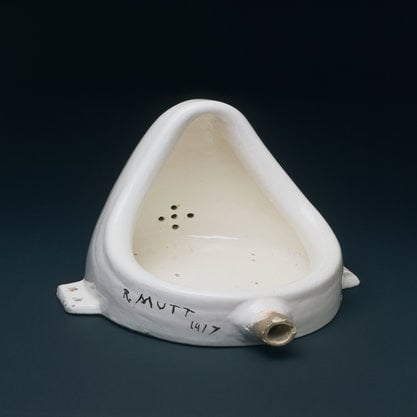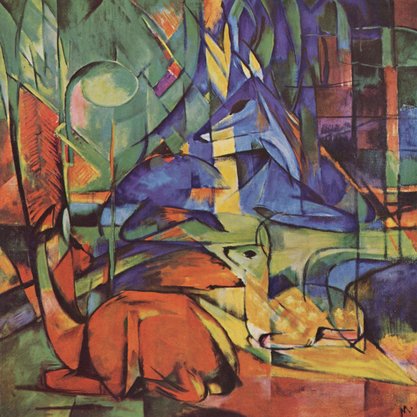Article
Schwitters, Kurt (1887–1948) By Gaggi, Silvio
Article
Kurt Schwitters is most commonly associated with Dada, but his relationship to that movement’s aesthetic, political, and philosophical rebellion was ambivalent. Although he was friends with the Berlin Dadaists and participated in shows with them, he never formally became a member of their group. Schwitters was also involved with the Expressionist gallery and magazine, Der Sturm, and Dada purists disdained Expressionism, with its focus on the personal rather than the political, the dominant concern of other German Dadaists such as George Gros and Richard Huelsenbeck. The formalist aspect of much of Schwitters’s work also separated his work from Dada “anti-art.”
Nevertheless, Schwitters is generally regarded as the greatest collage artist of the 20th century. He named his particular style of collage, which often incorporated three dimensional as well as two-dimensional elements, Merz. Merz became a tag prefix for all his works, which included poetry, music, and architecture, as well as visual art.
After Schwitters’s art was included in the Nazi’s Degenerate Art exhibition, he escaped, first to Norway and then to England, where he continued to be artistically active until his death in 1948. Schwitters’s Merz aesthetics has been a major influence on avant-garde art throughout the 20th and early 21st centuries.




![Automatism [REVISED AND EXPANDED]](/propagator/data/img-dc/original/image/literature-hero/BLAST_Fig_x_%5BREMSCL4_converted.jpg)
